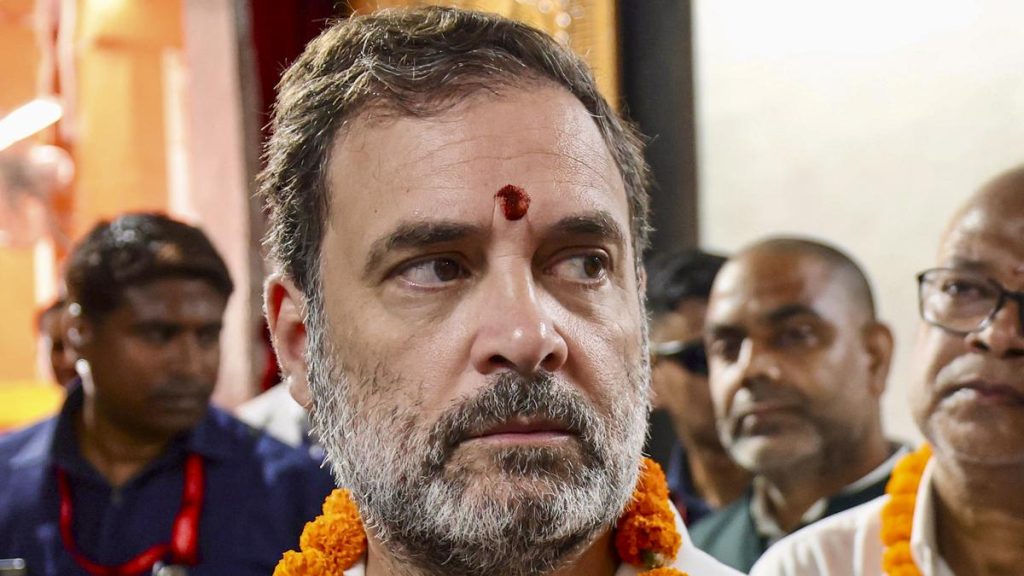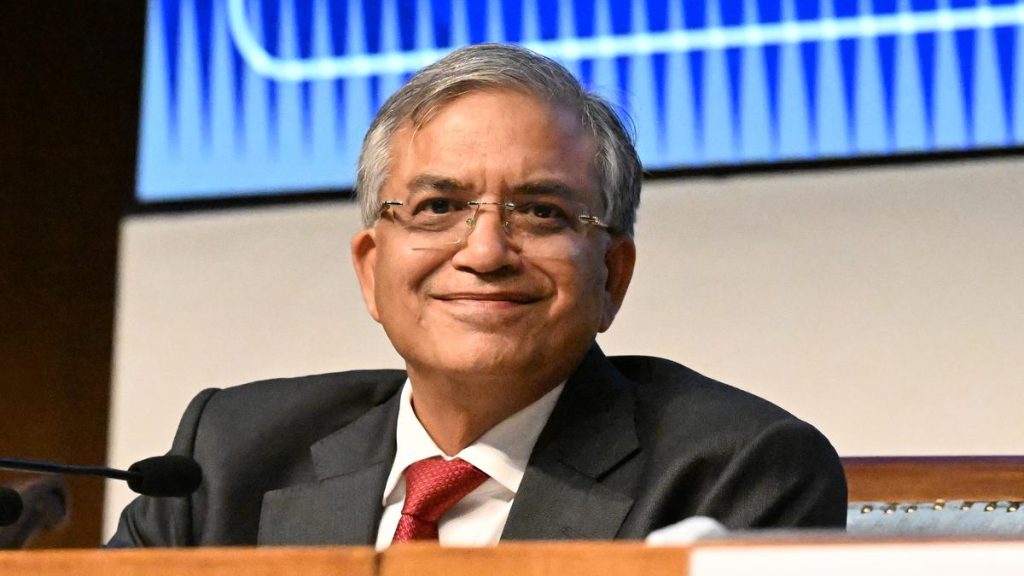Now Reading: CPI(M) Leader M.A. Baby Criticizes Naidu’s Silence on Polavaram Displacement
-
01
CPI(M) Leader M.A. Baby Criticizes Naidu’s Silence on Polavaram Displacement
CPI(M) Leader M.A. Baby Criticizes Naidu’s Silence on Polavaram Displacement
Quick Summary
- CPI(M) general Secretary M.A. Baby criticized Andhra Pradesh Chief Minister N. Chandrababu Naidu and NDA MPs for their silence on Resettlement and Rehabilitation (R&R) of Polavaram project-displaced families.
- M.A. Baby and CPI(M) MP John Brittas conducted a two-day visit to the Polavaram project’s submergence area, inspecting affected villages along rivers Godavari and Sabari in Alluri Sitarama Raju district.
- Mr. Baby expressed concern over past MPs from TDP and YSRCP failing to raise issues related to Polavaram R&R in Parliament during 2014, 2019, and 2024 terms.
- He promised an action plan to support displaced families under the Right to Fair Compensation Act (2013).
- Mr. Brittas pledged advocacy for the displaced at the national level; he also highlighted alleged irregularities in earlier R&R implementations from 2014 onwards.
- other CPI(M) leaders were present during the visits.
Indian Opinion Analysis
The focus on Resettlement and Rehabilitation (R&R) within large-scale infrastructure projects like Polavaram highlights persistent challenges India faces in balancing development with social welfare for affected communities. The mention of inadequate parliamentary representation signals systemic gaps where voices of vulnerable populations struggle to gain traction against political priorities centered around urban development projects-such as Amaravati’s growth.
If allegations regarding irregularities between bureaucracy-public representative involvement are substantiated, it may reflect broader governance concerns that impact not just this locality but similar initiatives across India requiring accountability reforms. Moving forward, any proposed action plans or advocacy efforts within legal frameworks such as the 2013 land Acquisition Act will be critical benchmarks assessing institutional commitment toward equitable rehabilitation practices.






















